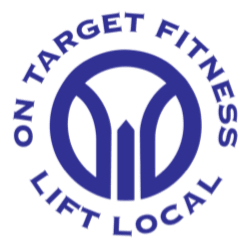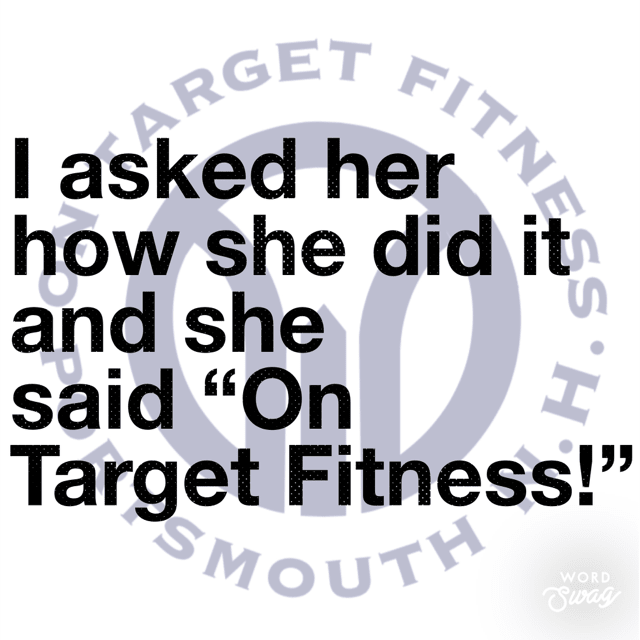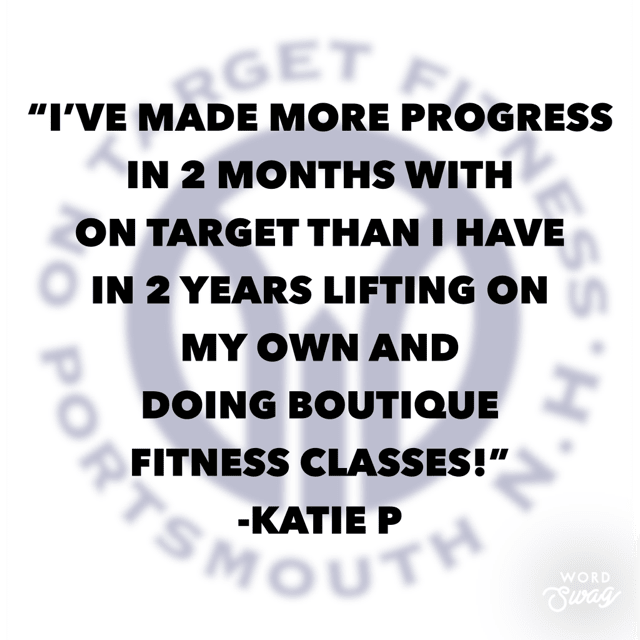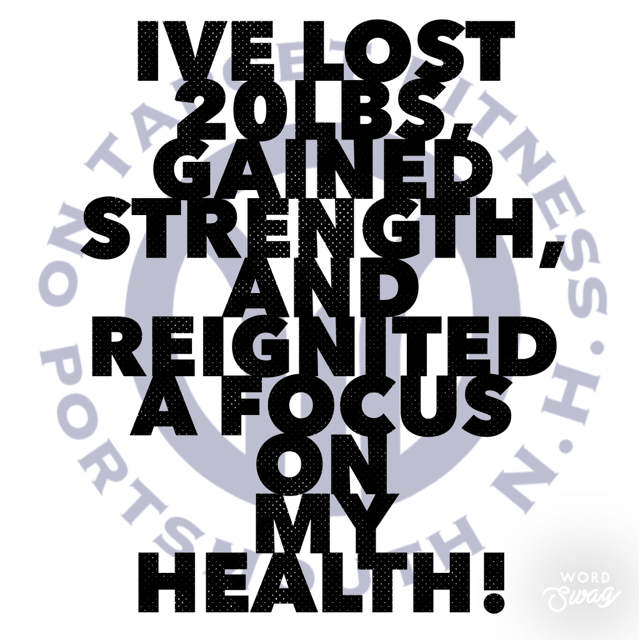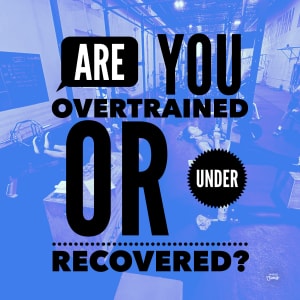
Are you overtrained or under recovered? Both terms have become popular buzzwords lately and they are referring to similar conditions. Let’s clarify! Whether we are talking about overtraining or under recovery, it is all about your ratio of stimulus and response. Training is stimulus that is designed to get a specific response. If you don’t give your body the chance to respond, you will feel overtrained. That said, for the vast majority of regular folks, overtraining is very uncommon. It is far more likely that you are under recovered. Professional athletes, elite military, and the like can overtrain when they engage in 3-6+ hours of extremely rigorous work. Us regular folks who are lifting a couple times a week and hitting 10k steps a day are probably not overtrained. So what happens if you feel fatigue, apathy towards your workouts, excessive soreness, joint pain, lack of progress, and/or weaker immunity? You are most likely under recovered. But how do we fix this? With nutrition, sleep, and other stuff. The “other stuff” are things that I view as a distraction until you get your nutrition and sleep dialed in. If you’re feeling a little too worn out, here’s what you can do: NUTRITION: Get plenty of protein. Protein is key to rebuilding muscles from the rigors of your strength training. Getting more protein will also help you cut back on sugar and other inflammatory foods. Make sure you’re getting enough food. This is an ironic one. If you are trying to lose weight, you do want to be in a calorie deficit. That said, some folks get into way too steep of a deficit which can cause them to not be able to recover from even fairly benign workouts. Typically, a 500 calorie per day deficit is as big as you want to shoot for. That way, you don’t feel crummy and you can sustain it for as long as you need to hit your goals and keep the weight off. Reduce inflammatory food intake. Sugary stuff, processed food, and alcohol all contribute to chronic inflammation and compromises your body’s ability to recover. Hydrate. Drinking plenty of water will help your body flush out metabolic waste materials that cause soreness. Supplement appropriately. Food first, supplements second. That said, a post workout protein shake is a perfect way to give your body exactly what it needs, exactly when it needs it. Fish oil and probiotics will help reduce chronic inflammation. A multivitamin and greens powder will ensure you have everything you need for proper recovery and overall health. SLEEP: Consistent sleep/wake times. I hate to write this, as I have been a little inconsistent lately myself. Consistent sleep and wake times will help you get quality sleep overall. If you get up at 4am during the week and then sleep until 8am on the weekends, you are setting yourself up for a rough Monday and Tuesday, and your body will struggle to fully recover from those workouts. 10, 3, 2, 1, 0 sleep rule. No caffeine 10 hours before bed. No more food or alcohol 3 hours before bed. No more work 2 hours before bed. No more screen time (tv/phone/tablet) 1 hour before bed. Zero is the number of times you can hit snooze. Stress management. I continue to be a big fan of the Win the Day planner we created in the gym. It is a written daily planner that helps me organize and optimize my day. I’m more effective and way less stressed. Writing down my plan of the day the night before has been a huge help in unwinding my brain so I can actually relax and fall asleep. OTHER STUFF: Remember, these things are a distraction without proper nutrition and sleep. Cold water therapy. Andrew Huberman just did an episode where he went in depth about cold water exposure and water consumption. Exposing yourself to cold water 4+ hours after your workout can have a variety of benefits. The simplest way to do this that doesn’t require you buy a fancy cold plunge is to crank your shower over to as cold as it will go and stay in there for 3 minutes. Don't do cold exposure right after your workout as it can mute muscle building. Sauna. There are a few different kinds of saunas and protocols. Sauna in the evening can help with muscle soreness and with falling/staying asleep. Massage. I think it’s a good idea to get an athletic massage about once a month. It’s also great if you can foam roll several times per week. BONUS: Move your body consistently. The best way to ensure you feel sore and miserable all the time is to start skipping workouts, go too hard when you do come in, get really sore, and then skip some more workouts “because I’m too sore”. When you’re excessively sore from working out once every other week, it isn’t over training. It’s a complete lack of consistency so each workout feels like your first workout. When you are ready to talk with a personal trainer about your goals, fill out the form at the top or bottom of this page and I will be in touch : ) Our first location serves Portsmouth, Kittery, and the broader Seacoast community. Our new location serves Kingston and the broader southern New Hampshire community. We help people strength train, walk daily, and eat real food.
